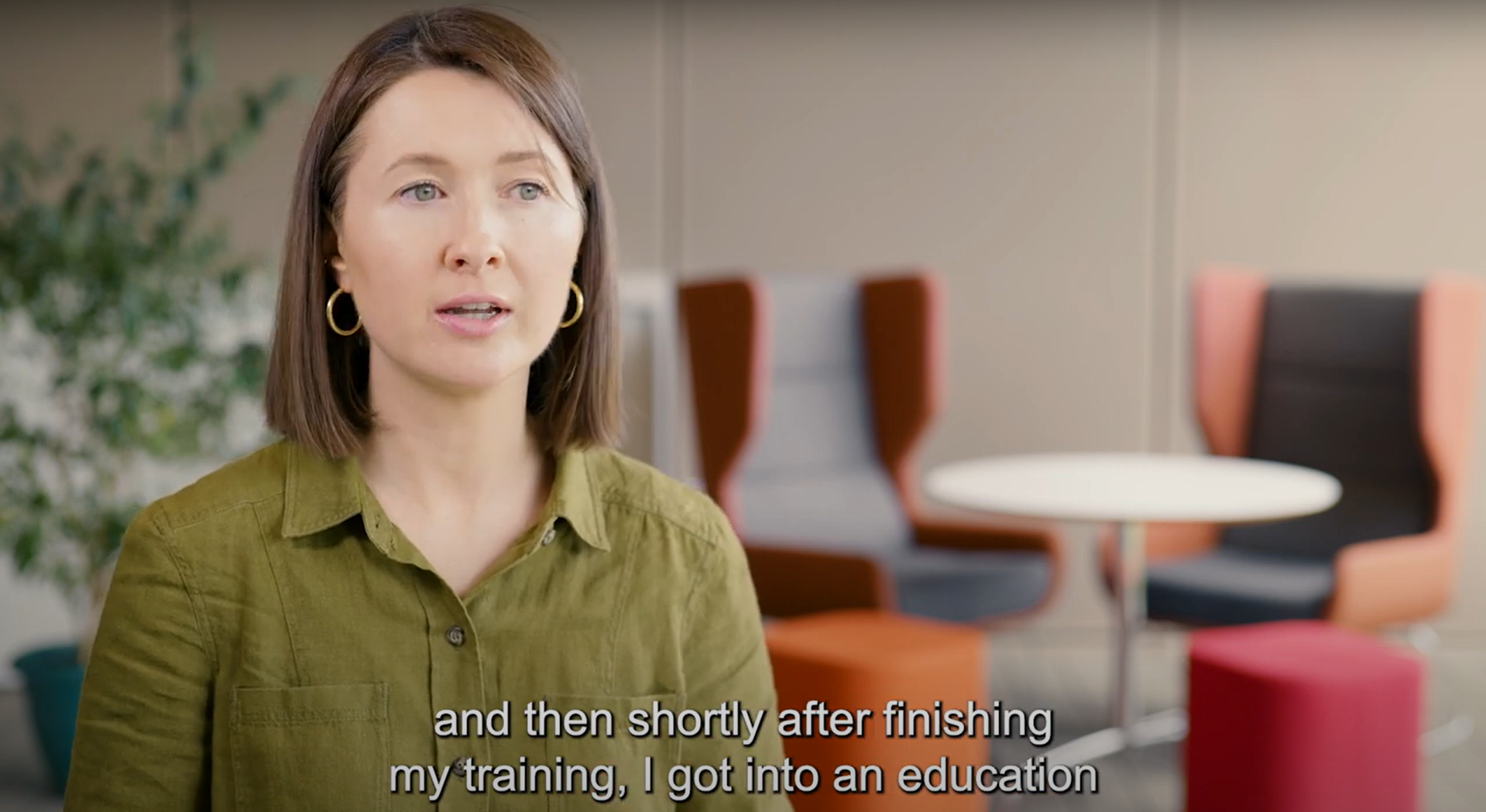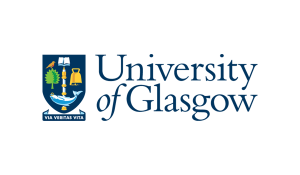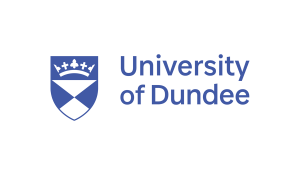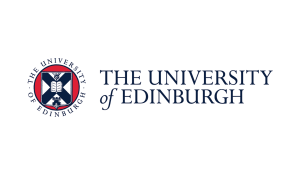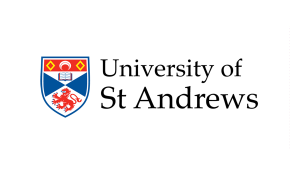Multimorbidity is the presence of two or more long-term health conditions in a person, and is a major global public health problem of increasing prevalence. Multimorbidity causes:
-
higher mortality
-
poorer quality of life
-
reduced life expectancy
The Multimorbidity PhD Programme for Health Professionals, supported by Wellcome Trust, and delivered by the Unversities of Glasgow, Dundee, Edinburgh and St Andrews, aims to create a generation of innovative world-leading researchers empowered with expertise in multimorbidity to prevent the condition and better treat those who are already suffering with it.
This programme is open to: doctors, nurses, pharmacists, dentists, clinical psychologists, healthcare scientists and allied health professionals.
The Impact of Multimorbidity

About one-third of the world’s population experience multimorbidity
in their lifetime
*Nguyen H et al., 2019

The prevalence of multimorbidity is higher, and the age of onset is younger in those living in more deprived areas
*Barnett et al., 2012

Evidence shows that multimorbidity is a more important driver of costs in the health and social care system than other factors like age
*Kasteridis et al., 2015
Discover what our current cohort thinks of the Multimorbidity PhD Programme
The Multimorbidity PhD Programme for Health Professionals gives the opportunity to conduct life changing research in the field of multimorbidity. Learn more about our Multimorbidity PhD Programme and our current cohort's research areas.
Multimorbidity, delirium, and outcomes in hospitalised patients
Rose, is a registrar in Geriatrics and General medicine and joined the University of Edinburgh as part of our cohort of Multimorbidity PhD students. Her research area is ‘Multimorbidity, delirium, and outcomes in hospitalised patients: a big data project using routine clinical and national audit data’.
Collaborative practice on health and care outcomes in multimorbidity patients
Josie, is a Consultant in Public Health and joined the University of St Andrews as part of our cohort of Multimorbidity PhD students. Her research area is ‘The impact of interprofessional collaborative practice on health and care outcomes in patients with multimorbidity’.
Quantifying incremental costs and quality of life of multimorbidity trajectories
Neave, is a GP and joined us at The University of Glasgow as part of our cohort of Multimorbidity PhD students. Her PhD research area is ‘Quantifying the incremental costs and quality of life pathways of different trajectories of multimorbidity development’.
About the programme
This Programme will address the substantial challenges posed by increasing multimorbidity. Hosted in the Scottish societal context, where multimorbidity is a significant health concern, but examining globally relevant problems, it will create a generation of innovative world-class researchers empowered to find ways to prevent multimorbidity, discover pathways tractable to novel intervention, and optimise management. We will achieve this through PhD projects designed to build synergistic, multidisciplinary collaborations across participating institutions, promoting new thinking on this complex topic.
This programme aims to recruit: doctors, nurses, pharmacists, dentists, clinical psychologists, healthcare scientists, and allied health professionals from a range of clinical/health professional backgrounds. These fellows will experience the mentorship/skills training and support that will enable them to become future research leaders and make transformative contributions to multimorbidity and its clinical management internationally. We will promote intellectual curiosity, scientific rigour, peer learning, research integrity, translation into practice, public engagement and the principles of equality and diversity while imparting cutting-edge analytical skills. Underpinned by the track-records and resources of the Universities of Glasgow, Edinburgh, Dundee, and St Andrews, we will offer exceptional opportunities for clinical research across the translational spectrum from examining aetiology and mechanisms, through data science and epidemiology, to applied clinical research in a unique collaborative training environment, promoting development of a critical mass of multimorbidity researchers.
This programme will offer projects in three broad areas, with one cross-cutting theme, which map to our partnerships research strengths and key issues outlined by The Academy of Medical Sciences:

THEME 1:
PREVENTION
& MANAGEMENT
This theme focuses on: promoting health and preventing onset of disease and behaviour-related conditions, including studying upstream determinants; and examining management problems exacerbated by single condition-focussed care organisation in children and adults.
Our Fellows will address research gaps in these areas. The programme aims to move beyond description to exploring mechanisms to underpin co-designed interventions or discover common pathways/aetiologies for drug discovery /repurposing and identify disease agnostic prevention interventions that target clusters of risk factors. It will include projects in applied clinical research to examine management problems.

THEME 2:
PHYSICAL & MENTAL HEALTH MULTIMORBIDITY
This theme focuses on mental and physical health, which when combined in multimorbidity disproportionately affects the socioeconomically disadvantaged and is associated with poorer health outcomes/reduced quality of life. Mental health problems and substance misuse are strongly connected with cardiovascular/respiratory/liver/brain diseases.
People with severe mental illness have reduced life expectancy and approximately three-fold more cardiovascular disease than the general population. Mechanisms underpinning this and how to optimise management are inadequately understood.
We will offer a variety of projects to explore mechanisms and develop interventions to address these research gaps.

THEME 3:
POLYPHARMACY
This theme looks at the fact that most drugs have never been investigated for drug-drug interactions nor impact of co-morbidities on efficacy or harm. Impact of polypharmacy on gene-based precision medicine adds further, unstudied complexity.
Our Fellows will benefit from expertise in big data to better understand polypharmacy; drug-drug interactions; drug-disease (e.g., impaired renal function) interactions; drug-drug-gene interactions; and pharmacoepidemiology.
Fellows may also undertake applied research to assess, measure and improve prescribing quality and safety in people with polypharmacy. This might include deprescribing or medication switching interventions.

CROSSCUTTING THEME:
INEQUALITY
This crosscutting theme focuses on inequalities and is addressed across the other three themes. Work in Scotland, using population data, has demonstrated that multimorbidity occurs a decade earlier in deprived communities. Socioeconomic inequalities are a major factor in development of multimorbidity, and contribute to poorer outcomes. Understanding the mechanisms underpinning these associations and developing appropriate interventions is essential.
Entry Requirements
The Clinical PhD Research Fellowships are fixed term 3 year appointments offering training, mentoring and support to Clinicians undertaking a PhD on the topic of multimorbidity. The posts will be based in the University of Glasgow, University of Dundee, University of Edinburgh, and University of St Andrews. Our aim is to develop the next generation of leaders in multimorbidity research, who are both excellent in their core disciplines and skilled in working widely across disciplines and sectors. The core degree is a cohort‐based 3‐year PhD.
By ‘clinician’ we include health care professionals from the following professions:
- Medicine
- Nursing
- Allied Health Professions (e.g. Physiotherapy, Occupational Therapy, Podiatry)
- Pharmacy
- Dentistry
- Clinical Psychology
- Healthcare Scientists
Medical applicants are welcome from ALL medical and surgical specialties (including General Practice). They must be doctors in training (holding a National Training Number) or be General Practitioners who have completed their training (post-CCT) and are within the first 4 years post-CCT (full-time equivalent i.e. accounting for part-time working).Dentists either in a training programme or within 4 years of completing their training programme are eligible to apply. Doctors and dentists who are still in training will need to gain permission for time out of training from their Postgraduate Dean. Clinical work during the PhD will be limited to half to one day per week.
Applicants from NMAHPS and other clinical disciplines must have completed all of their professional training and have 2-year full time (or equivalent) clinical experience after full registration with their professional body, this is required at the point of application.
Healthcare science professionals must be working as a healthcare science practitioner, clinical scientist, or consultant clinical scientist in any of the following areas: physiological sciences, life sciences, physical sciences, or informatics. They will need to have completed the relevant NHS Practitioner Training Programme and/or NHS Scientist Training Programme, or equivalent, and be currently clinically active. Professional registration with the HCPC is required and must have a minimum of 2 years full time (or equivalent) clinical experience after full registration, this is required at the point of application. Healthcare science assistants and healthcare science associates are NOT eligible.
Please note that candidates can apply to this PhD Programme on a maximum of 3 occasions, either in consecutive or separate years.
For all applicants, we will be looking for candidates with evidence of research activity before application (for example, as an undergraduate; by completion of a relevant Master’s degree or other post-graduate qualification; or by participating in research including writing papers) or other relevant activity (for example, working in policy or management). All applicants must be registered with their appropriate discipline specific professional body within the UK (e.g. General Medical Council, Nursing & Midwifery Council Nursing & Midwifery Council) and be licensed to practice in the UK.
Applicants would benefit from holding an intercalated BSc or research Master's degree or an equivalent postgraduate research related qualification in an area of clinical relevance.
Funding
Grant funding is available to cover 3-years home rate tuition fees, to support training, travel and research activities and to provide a full-time salary.
Salary placement will be dictated by your current NHS pay progression arrangements and for post-CCT GPs salary will be dependent upon career stage. However, please note that we have a funding envelope and may be unable to match your salary. You can find more information in our FAQ's.
Note that some of the fellowships are funded by Wellcome Trust and some are funded by participating universities; the exact funding available may vary somewhat, but the programme will negotiate this.
Recruitment Dates
Recruitment for our 4th Cohort of students due to start in 2025 has now closed. Recruitment for our 5th Cohort will likely open in July next year.
The Multimorbidity PhD Programme for Health Professionals is the first in the UK to focus on multimorbidity, bringing together the clinical disciplines required to address this complex problem, spanning aetiology and mechanisms to epidemiological and applied health services research.
This programme aims to:
- Help tackle rising levels of multimorbidity
- Achieve internationally excellent research
- Catalyse development of urgently needed multimorbidity academic health professionals




